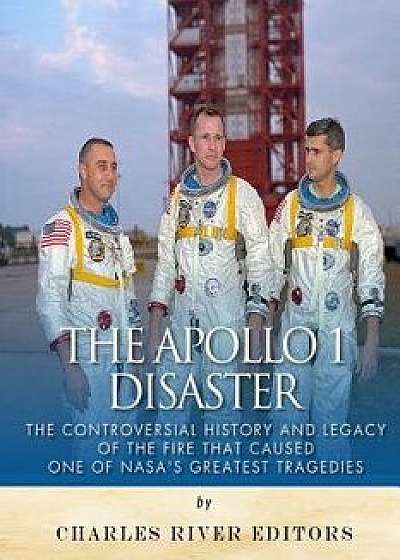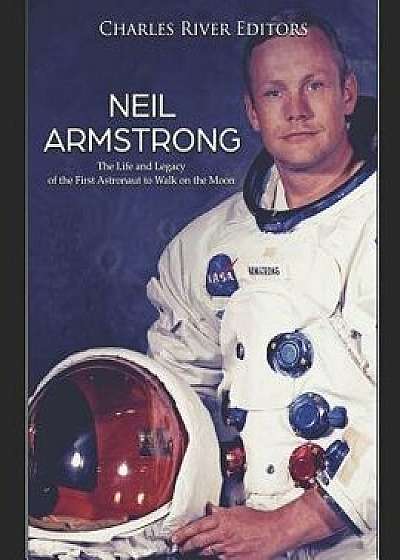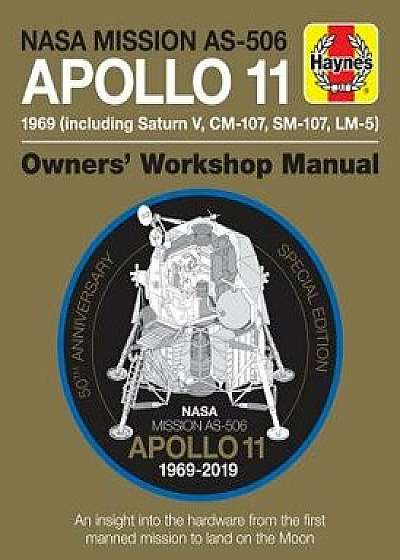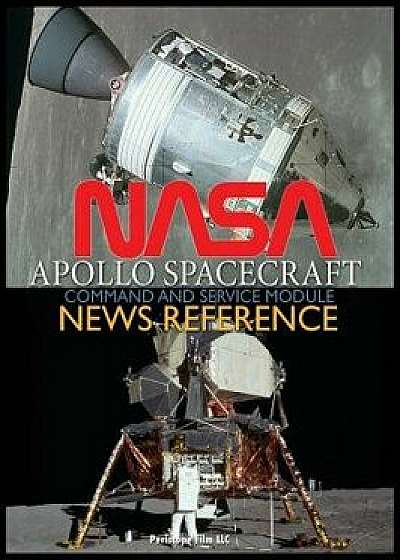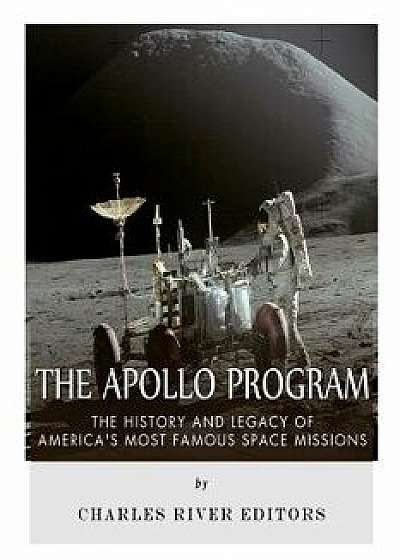
The Apollo Program: The History and Legacy of America's Most Famous Space Missions, Paperback/Charles River Editors
Descriere
Includes pictures Chronicles the Apollo program from beginning to end, profiling Apollo 1, Apollo 11, and Apollo 13 Includes online resources and a bibliography for further reading Includes a table of contents The Apollo space program is the most famous and celebrated in American history, but the first successful landing of men on the Moon during Apollo 11 had complicated roots dating back over a decade, and it also involved one of NASA's most infamous tragedies. Landing on the Moon presented an ideal goal all on its own, but the government's urgency in designing the Apollo program was actually brought about by the Soviet Union, which spent much of the 1950s leaving the United States in its dust (and rocket fuel). In 1957, at a time when people were concerned about communism and nuclear war, many Americans were dismayed by news that the Soviet Union was successfully launching satellites into orbit. Among those concerned was President Dwight D. Eisenhower, whose space program was clearly lagging a few years behind the Soviets' space program. From 1959-1963, the United States worked toward putting satellites and humans into orbit via the Mercury program, but Eisenhower's administration was already designing plans for the Apollo program by 1960, a year before the first Russian orbited the Earth and two years before John Glenn became the first American to orbit the Earth. On May 25, 1961, President John F. Kennedy addressed Congress and asked the nation to "commit itself to achieving the goal, before this decade is out, of landing a man on the Moon and returning him safely to the Earth." Given America's inability to even put a man in orbit yet, this seemed like an overly ambitious goal, and it isn't even clear that Kennedy himself believed it possible; after all, he was reluctant to meet NASA Administrator James E. Webb's initial funding requests. As Apollo 11's name suggests, there were actually a number of Apollo missions that came before, many of which included testi
